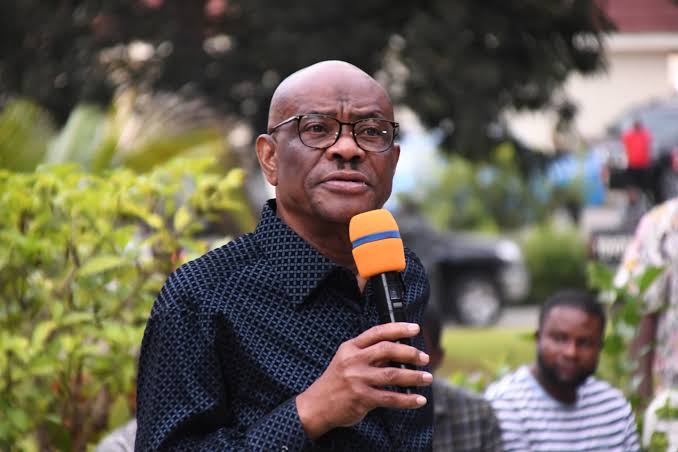Last week’s protest by aggrieved primary school teachers, health workers, and Area Council staff sent a powerful message to the leadership of the Federal Capital Territory: the era of unpaid arrears and delayed implementation of government policies must come to an end.
Minister Nyesom Wike, reacting swiftly to the unrest, issued a directive to all six Area Council chairmen in the FCT, mandating them to immediately pay the national minimum wage arrears owed to their employees. Represented at the 2025 Workers’ Day celebration by Grace Adayilo, the Head of the FCT Civil Service, the Minister didn’t mince words about the government’s disappointment in the councils’ non-compliance, even after ₦4.16 billion had been disbursed for this very purpose.
The situation highlights a broader governance issue — one in which funds are provided, yet implementation stalls at the local level, leaving the workforce frustrated and demoralized.
But Wike’s administration appears to be drawing a line in the sand. In his remarks, he emphasized that the FCTA is not only enforcing wage policies but also investing significantly in long-term structural improvements — from upgrading school infrastructure and supplying educational materials, to initiating robust staff welfare programmes.
“We believe that a motivated workforce is the backbone of effective service delivery,” Wike declared. He detailed efforts like prompt salary and pension payments, zero arrears on gratuities, and comprehensive training schemes designed to future-proof the civil service workforce.
If the Area Councils follow through on the directive, this could mark a turning point for labor relations in the FCT. However, the bigger question remains: will accountability become the new norm, or is this just a temporary fix?










